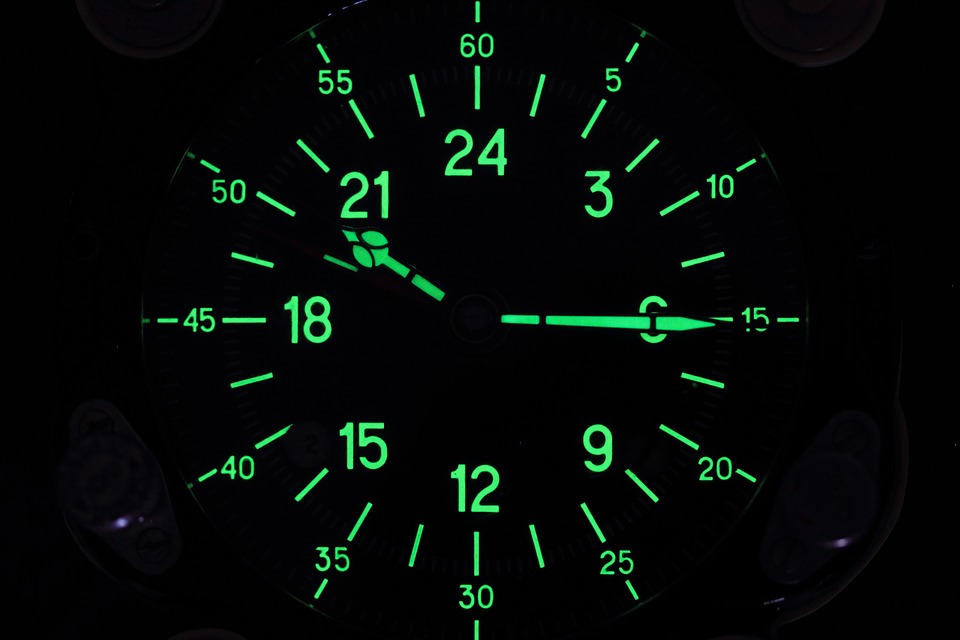Before moving to France I had never said seventeen o’clock. In France, that’s the normal way to say five o’clock PM.
France uses a 24 hour clock rather than an AM/PM system. This extends into the spoken language, and while you can say huit heures du soir (eight o’clock in the evening) or huit heures du matin (eight o’clock in the morning), it’s common to just say vingt heures (twenty o’clock) or huit heures (eight o’clock).

It’s not too hard to get used to the system, but it can lead to strange mixups. Aujourd’hui (today) I still occasionally get mixed up with the time and show up at the wrong time because mon cerveau (my brain) tried too hard to convert the 24 hour time.
One time I showed up to a meeting deux heures en avance (two hours early). I had checked l’horloge (the clock) about cinquante fois (fifty times) before leaving the house and I was just as surprised as the person I was meeting.
Ce n’est pas la bonne heure ?
On a dit 17 heures et il est 15 heures !
It’s not the right time?
We said 5 PM and it’s 3 PM!
I started to rougir (turn red) once I realized my mistake. I told myself that dix-sept heures is 5 o’clock so many times that once I saw a 5 sur l’horloge (on the clock) mon cerveau jumped ahead!
Once I was used to le nouveau système (the new system), I quite enjoyed the clarity that comes from never wondering if it’s 12 AM or PM, even if I still show up deux heures en avance sometimes.






Comments:
sunshine:
Bonjour, that’s an excellent lesson/theme for class. It does take students a little while but they understand the necessity of the lesson. I was used to saying “deux heures avant” , or other expression J’ai deux heures d’avance sur ma montre, or “etre en avance ( by itself as in I am early” but not “en avant”. Are there 2 ways of saying that?
Merci pour les bons tuyaux
John Bauer:
@sunshine Merci pour votre commentaire !
I went to look up the expression to find out more and found an interesting discussion on the topic. It seems there are several ways to say similar things with slight nuances between them. I should probably write an article about it!
en avance / à l’avance / par avance / d’avance
It’s in French, but let me know if you’d prefer something in English and I’ll see what I can find!
Bonnie:
I learned “en avance/en retard” for early/late. Is “en avant” used as well? (Or maybe it was a typo?) If so, when is it used in comparison to “en avance”?
John Bauer:
@Bonnie “En avant” is only used if you’ve made a mistake ! Thanks for pointing that out, I’ve fixed it. 😀